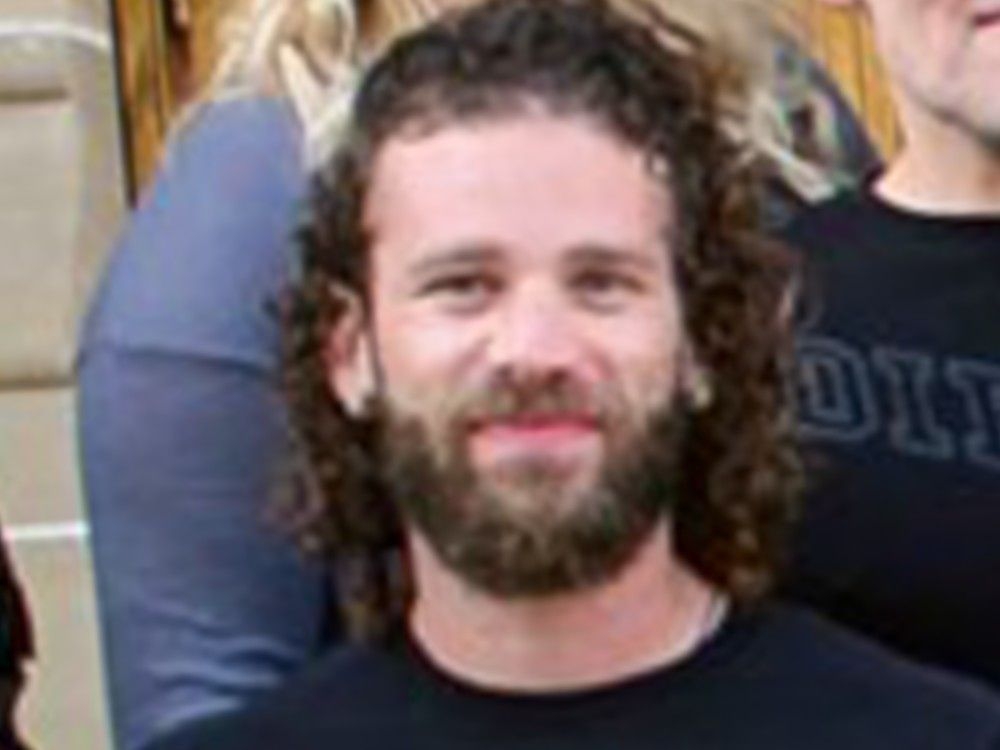Jason Selby, a Calgary high school teacher, was acquitted of charges alleging sexual exploitation of a former student following a relationship that began shortly after her graduation. The court found that the teacher-student relationship had officially ended before their sexual encounters occurred in July 2018, determining that Selby no longer held a position of authority or trust over the then 17-year-old complainant. The acquittal reflects the complexities in interpreting legal boundaries in cases involving former teacher-student dynamics under Canadian law.
Details of the Case and Court Findings
Jason Selby, who taught at a Calgary high school, faced charges of sexual exploitation linked to a relationship with a former student. The allegations centered on whether Selby engaged in sexual activity with the complainant while she was still under his authority as a teacher. According to court proceedings, the relationship between Selby and the student began after she had officially graduated and was no longer enrolled in his class.
The critical point in the case hinged on the interpretation of the timeline. Evidence presented in court demonstrated that the sexual encounters took place in July 2018, a period established as after the end of Selby’s role as the student’s teacher. Consequently, the court determined that Selby did not hold a position of authority over the complainant at the time the relationship became sexual, which is a key component in applying the law on sexual exploitation.
Legal Context and Implications
Under Canadian law, sexual exploitation charges can apply when an individual in a position of trust or authority engages in sexual activity with a person under 18 years of age. Teacher-student relationships are closely scrutinized because of the power imbalance inherent in such roles. This case highlighted the nuanced distinction between relationships that begin during the teacher-student dynamic versus those that start after the student leaves the school environment.
The acquittal underscores the challenge courts face in delineating when exactly the authority relationship ends, and at what point consent and legality intersect in former student-teacher interactions. Legal experts note that this case may contribute to future discussions and clarifications about the boundaries of teacher conduct following the conclusion of formal educational relationships.
Community and Educational Perspectives
The outcome of the case has elicited mixed responses from the community and education stakeholders. Some emphasize the importance of protecting students by maintaining strict ethical guidelines for educators, while others highlight the importance of context and due process when assessing allegations.
School districts and teacher associations often reiterate the significance of maintaining clear professional boundaries to preserve trust and safety in educational settings. Cases such as Selby’s prompt ongoing dialogue about how educators and institutions can safeguard students while ensuring fair treatment under the law.
Conclusion
The acquittal of Jason Selby reflects the complexities inherent in cases of sexual exploitation involving former students and teachers. By focusing on the established timeline and the cessation of the teacher-student relationship before sexual contact, the court was able to delineate the limits of authority and consent under Canadian law. This decision serves as a reference point for understanding and navigating the legal and ethical frameworks that govern teacher conduct beyond the classroom environment.
The acquittal of Jason Selby highlights the nuanced legal challenges in cases involving sexual relationships between former teachers and students. By carefully examining the timing and nature of the relationship, the court was able to determine that the key element of authority necessary for a sexual exploitation charge was absent. This ruling underscores the importance of clear boundaries and timelines in assessing such cases under Canadian law, while also emphasizing the ongoing need for robust ethical standards in educational settings to protect students and uphold trust within the community.

